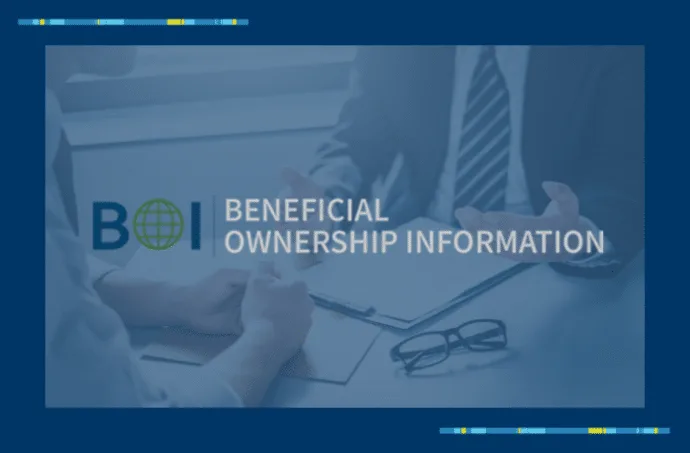The implementation of the Corporate Transparency Act (CTA) has fallen into uncertainty after a nationwide injunction was granted, limiting the requirement for companies to report their beneficial ownership information to the Financial Crimes Enforcement Network (FinCEN). This injunction stems from a challenge by various business groups and has caused a significant impact on how corporations manage their ownership disclosure.
The U.S. Department of Justice (DOJ) has taken action by appealing the court’s decision, which has created a state of flux regarding compliance dates for small businesses. Under the CTA, businesses are typically required to provide detailed information about individuals who own or control them, aiming to combat money laundering and other illicit financial activities.
Just last month, the DOJ filed a notice of appeal in accordance with the order issued by a federal court, which halted the enforcement of the CTA’s reporting requirements. The appeal signifies the government’s continued commitment to enforcing transparency in corporate ownership, although the timeline remains unclear.
In related developments, small business advocates and lawmakers emphasize the importance of clarifying the compliance timeline to avoid confusion and financial burdens on new and small enterprises. As highlighted in discussions among stakeholders, many small businesses are overwhelmed by the prospect of requiring detailed disclosures, which may not be feasible for all.
The CTA was originally set to take full effect in January 2024, necessitating compliance from millions of U.S. corporations and limited liability companies. Critics argue that the requirements would impose undue burdens on small businesses, with some estimating compliance costs could exceed $1.3 billion collectively across the nation.
Statements from prominent figures in the business sector express hope for a resolution that balances the need for transparency with practical implementation. “We understand the government’s need for anti-money laundering measures, but small businesses shouldn’t be caught in the crossfire of compliance conflicts,” remarked one local business leader, emphasizing the urgency for a clear directive.
As the legal proceedings unfold, the business community awaits clarity from the courts and government agencies regarding the final decision on the CTA’s reporting mandates, hoping to find a sustainable path toward compliance that does not stifle business operations.
In the meantime, firms are encouraged to prepare their internal policies around ownership documentation, even as they remain vigilant on the forthcoming changes prompted by the ongoing legal situation.











